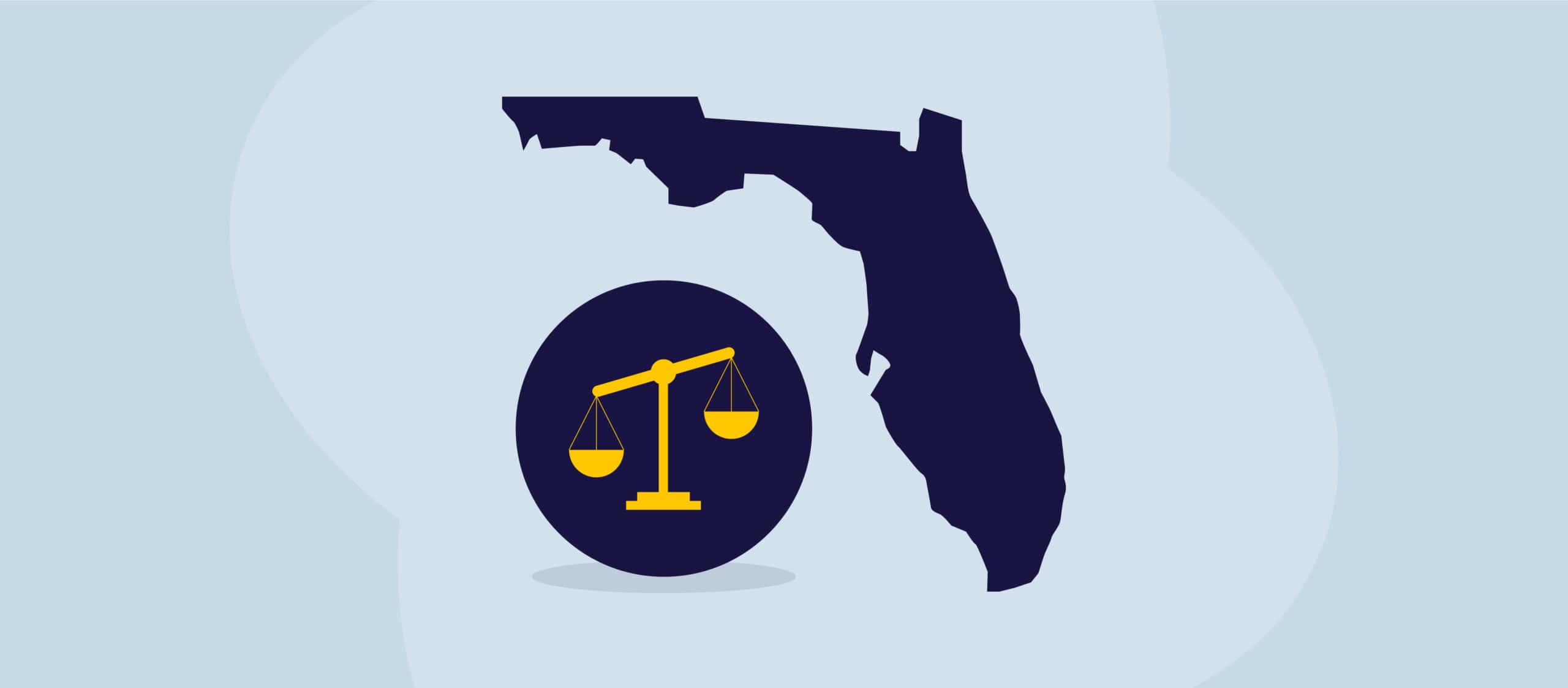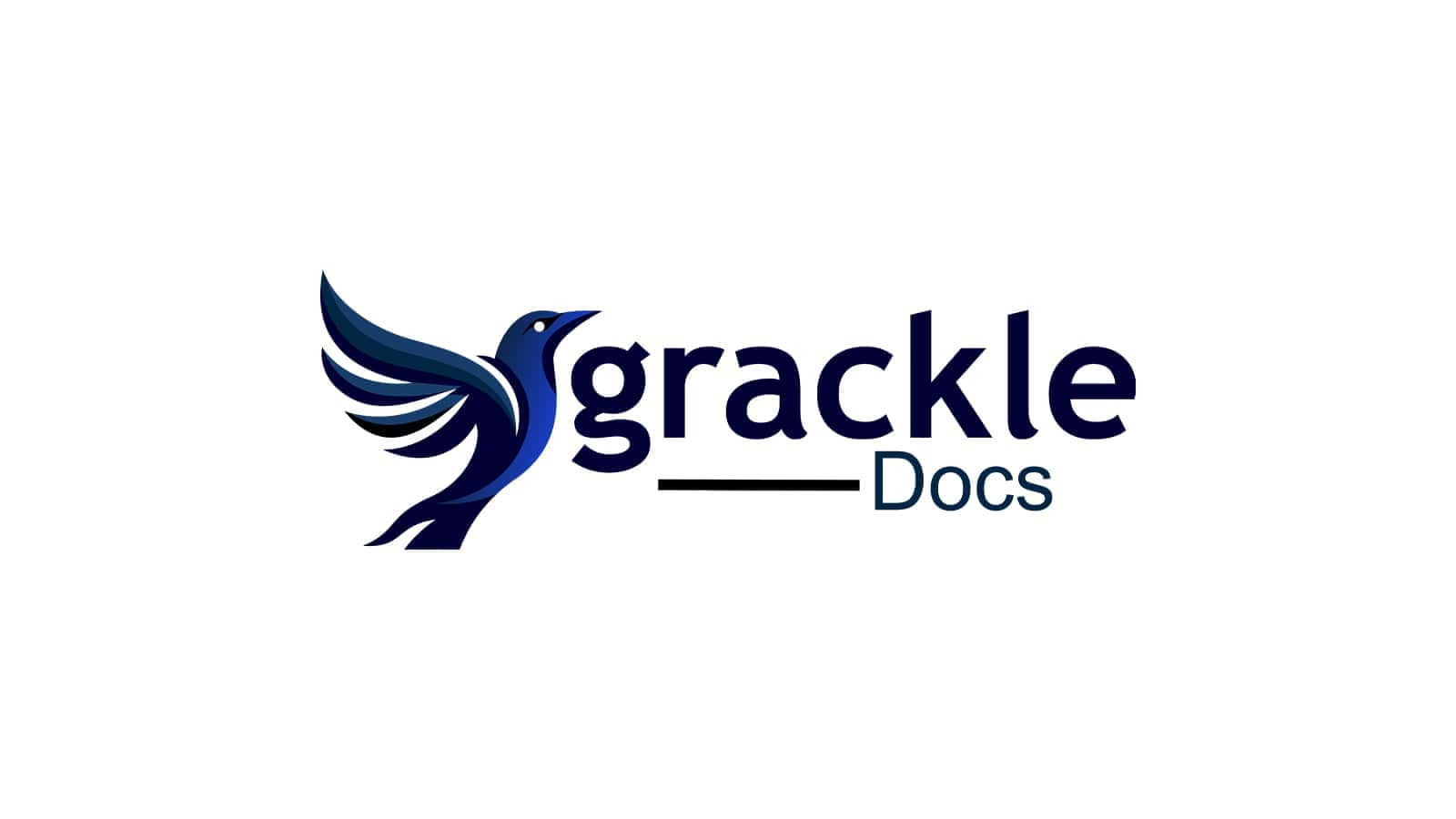Ontario ist dafür bekannt, dass es einige der weltweit umfassendsten Standards für die Barrierefreiheit im Internet bietet, und zwar dank der Gesetz über die Zugänglichkeit für Ontarier mit Behinderungen (AODA). Das 2005 eingeführte AODA setzt ein klares Ziel: die Schaffung eines barrierefreien Ontarios bis 2025. Dieses Provinzgesetz regelt die Zugänglichkeit in verschiedenen Bereichen - in der Regierung, im öffentlichen und privaten Sektor - und betrifft die Bereiche Kundenservice, Beschäftigung, Information und Kommunikation, Verkehr und öffentliche Räume. Insbesondere dehnt AODA auch seine Barrierefreiheit im Internet Verordnungen zur Aufnahme zugänglicher Videoinhalte.
Die Vision von AODA: Ein zugängliches Ontario bis 2025
Nach Angaben des Ministeriums für kommunale und soziale Dienste der Provinz Ontario hat jeder siebte Einwohner Ontarios eine Behinderung, und es wird erwartet, dass diese Zahl bis 2036 auf jeden fünften Einwohner steigen wird. Das AODA wurde eingeführt, um sicherzustellen, dass niemand aufgrund einer Behinderung von der vollen Teilhabe an der Gesellschaft ausgeschlossen wird. Das Gesetz schreibt die Beseitigung von Barrieren vor - seien es physische, technische oder informationelle -, damit Menschen mit Behinderungen gleichberechtigten Zugang zum öffentlichen und privaten Leben haben.
Um das Ziel für 2025 zu erreichen, hat Ontario eine Reihe von gestaffelten Vorschriften erlassen, darunter die Zugänglichkeitsstandards für den Kundenservice (2008) und die Verordnung über integrierte Zugänglichkeitsstandards (2011). Diese legen klare Erwartungen an die digitale und physische Zugänglichkeit fest.
Wichtige Meilensteine bei der Einhaltung des AODA
Mehrere wichtige Aktualisierungen haben Ontarios Weg zur vollständigen Einhaltung der Barrierefreiheit geprägt:
Zugängliches Bildungs- und Ausbildungsmaterial (1. Januar 2020). Bildungs- und Ausbildungseinrichtungen müssen auf Anfrage zugängliche oder umwandlungsfähige Formate von ergänzenden Ressourcen zur Verfügung stellen.
Zugängliches Bibliotheksmaterial (1. Januar 2020). Bibliotheken müssen zugängliche Formate von digitalen und multimedialen Materialien anbieten.
Zugängliche Websites und Apps (1. Januar 2021). Organisationen müssen sicherstellen, dass Websites und webbasierte Anwendungen folgende Anforderungen erfüllen WCAG-2.0-Normen der Stufe AA.
WCAG: Der Standard für die Einhaltung von AODA
Die digitalen Zugänglichkeitsrichtlinien der AODA orientieren sich an den Web Content Accessibility Guidelines (WCAG), einem weltweiten Maßstab für die Barrierefreiheit im Internet. Organisationen müssen sicherstellen, dass alle Websites oder Webinhalte, die nach dem 1. Januar 2012 veröffentlicht werden, folgenden Anforderungen entsprechen WCAG 2.0 Stufe AA. Diese Leitlinien konzentrieren sich darauf, Online-Inhalte wahrnehmbar, bedienbar, verständlich und robust* zu machen und so die Zugänglichkeit für Nutzer aller Fähigkeiten zu gewährleisten.
Bildung und AODA-Konformität
Obwohl es keine offiziellen AODA-Standards speziell für den Bildungsbereich gibt, hat das Gesetz dennoch Auswirkungen auf Bildungseinrichtungen, einschließlich K-12-Schulen und Universitäten, sowie auf private Verlage:
- Schulen und Universitäten: Einrichtungen mit 50 oder mehr Mitarbeitern müssen folgende Bestimmungen erfüllen AODA-Anforderungen für Barrierefreiheit im Internet und machen Zugang zu digitalen Inhalten. Außerdem müssen sie auf Anfrage zugängliches Lernmaterial zur Verfügung stellen und sicherstellen, dass die Lehrkräfte in Sachen Barrierefreiheit geschult werden.
- Bildungsverlage: Private Schulbuchverlage und andere Anbieter von Bildungsmaterialien sind verpflichtet, ihre Inhalte zugänglich zu machen, und Webinhalte müssen den WCAG 2.0 Level AA Standards entsprechen.
- Bibliotheken: Öffentliche Bibliotheken und große Privatbibliotheken sind ebenfalls verpflichtet, zugängliche digitale und multimediale Ressourcen anzubieten und sich dabei an AODA-Normen.

Private Unternehmen und die Einhaltung des AODA
Privatunternehmen in Ontario unterliegen den Bestimmungen des AODA, wobei der Umfang der Anforderungen je nach Unternehmensgröße variiert:
- Unternehmen mit weniger als 20 Beschäftigten müssen:
- Richtlinien für Barrierefreiheit erstellen
- Schulung des Personals zu den Anforderungen der Barrierefreiheit
- Erreichbarer Kundenservice
- Umsetzung barrierefreier Einstellungs- und Beschäftigungspraktiken
- Bereitstellung von zugänglichen Informationen auf Anfrage
- Unternehmen mit 20 bis 49 Beschäftigten haben zusätzliche Verpflichtungen, wie z. B. die Einreichung eines Berichts über die Einhaltung der Zugänglichkeit alle drei Jahre.
- Unternehmen mit 50 oder mehr Beschäftigten muss sicherstellen, dass alle öffentlich zugänglichen Websites den WCAG 2.0 Level AA Standards entsprechen.
Einhaltung staatlicher Vorschriften
Die Regierung von Ontario hat eine Vorreiterrolle bei der Barrierefreiheit übernommen. Seit dem 1. Januar 2016 müssen alle Websites der Regierung von Ontario und der Legislativversammlung die WCAG 2.0 Stufe AA erfüllen. Einrichtungen des öffentlichen Sektors, einschließlich der Gemeinden, hatten bis zum 1. Januar 2021 Zeit, diese Standards für ihre Websites und digitalen Inhalte zu erfüllen.
Strafen für die Nichteinhaltung des AODA
Die Nichteinhaltung des AODA kann je nach Schwere des Verstoßes mit erheblichen Geldstrafen geahndet werden. Für Einzelpersonen oder Organisationen ohne eigene Rechtspersönlichkeit liegen die Geldbußen zwischen $500 und $2.000 pro Tag. Unternehmen können mit Geldstrafen zwischen $2.500 und $15.000 pro Tag belegt werden, wobei die Höchststrafe bei schweren Verstößen $100.000 pro Tag beträgt.
AODA-konforme Beschäftigungs- und Ausbildungspraktiken
Neben der Barrierefreiheit im Internet schreibt das AODA auch barrierefreie Einstellungs-, Schulungs- und Managementpraktiken vor. Die Arbeitgeber sind verpflichtet, bei der Einstellung, der internen Kommunikation und der Leistungsbeurteilung Vorkehrungen zu treffen. Die Dokumentation von Unterbringungsplänen und Notfallmaßnahmen muss ebenfalls beibehalten werden.
Auf dem Weg zur vollständigen Einhaltung der Vorschriften
Ontarios umfassender Ansatz für Barrierefreiheit durch das AODA setzt weltweit einen hohen Standard. Die laufenden Anforderungen und Aktualisierungen des Gesetzes erinnern an die Verpflichtung der Provinz, bis 2025 eine barrierefreie Gesellschaft zu schaffen. Unternehmen jeder Größe müssen der Barrierefreiheit weiterhin Vorrang einräumen, um die Einhaltung der Vorschriften zu gewährleisten und kostspielige Strafen zu vermeiden.



